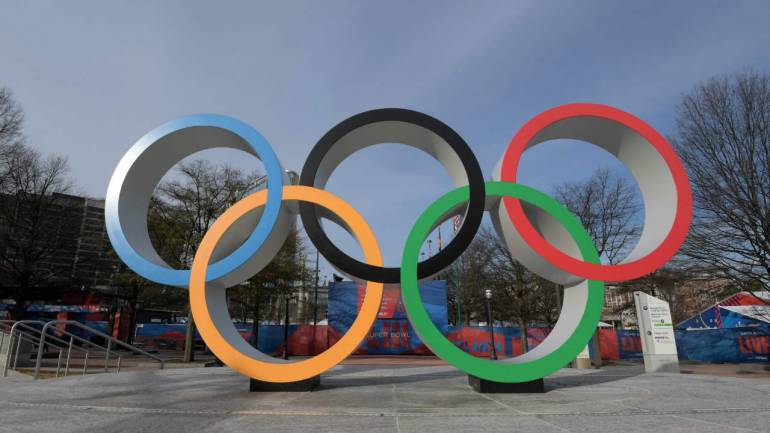
Tokyo Olympics: Brands find room for profit
COVID-19 does present certain obstacles. The most striking is the lack of in-person brand experiences like events and product launches. The emotional enthusiasm about the mega event also would not be as high

Japan has declared a state of emergency for Tokyo during the Olympic Games. COVID cases continue to rise in the capital and surveys have shown that most Japanese want the Games postponed again or cancelled. But the International Olympic Committee (IOC) is adamant, the athletes are getting ready and the Games are happening.
With big sporting events come hordes of fans – and brands. While the former is not a reality in the COVID-stricken world, the latter has found a way. The IOC is expected to bring in about $2 billion from global sponsors this quadrennium (a four-year package). That figure could get higher than $3 billion by 2024.
Even though the Tokyo Olympics might come across as a risky proposition, there is ample evidence to suggest that a $300 million sponsorship is on the way. It is an opportunity brands can’t avoid.
“After we ran significant media during Olympic Games, we would not only see a benefit to the business for a week or two, we would see a lift of all key metrics for six or eight weeks or more,” Tony Pace, the former CMO of Subway and current president of the Marketing Accountability Standards Board (MASB), told the website Quartz.
Pace also believes that an association with the Olympics boosts morale.
There are multiple reasons behind the Olympics being lucrative. It’s a television event that rakes in almost 4 billion viewers more than the Super Bowl, FIFA World Cup and the UEFA Champions League. People would be either watching on TV or seeing clips on social media.
“Somewhere between half the world and two-thirds of the world are going to tune in at some point,” Ryan McConnell, the senior vice president for consulting at the research firm Kantar, told Quartz.
Also read: As public ire over Olympics soars, officials scrap torch relay in Tokyo
However, COVID-19 does present certain obstacles. The most striking is the lack of in-person brand experiences like events and product launches. The emotional enthusiasm about the mega event also would not be as high.
The coronavirus has added a lot of complexity in the contracts between sponsors and the IOC. But despite all this, it is highly improbable that brands would pull out of the event at the last minute. The money in merchandising and sponsors might be affected, but not enough to cause a legitimate impact on profits.
Also read: Just days left, most Japanese want Olympics cancelled or postponed
There are differences in opinion, however. Aashish Khanna with his company Aashish Khanna PLC, based out of Switzerland, works with licensing holders of various brands and sports clubs and he believes the situation is more dire than projected.
“The situation is not good. Global merchandise sales are roughly down by 80-90 per cent. Things are expected to propel by January 2022. Stadiums will open with 50 per cent capacity but for a full 100 per cent, it’ll take up to three years,” Khanna said.


